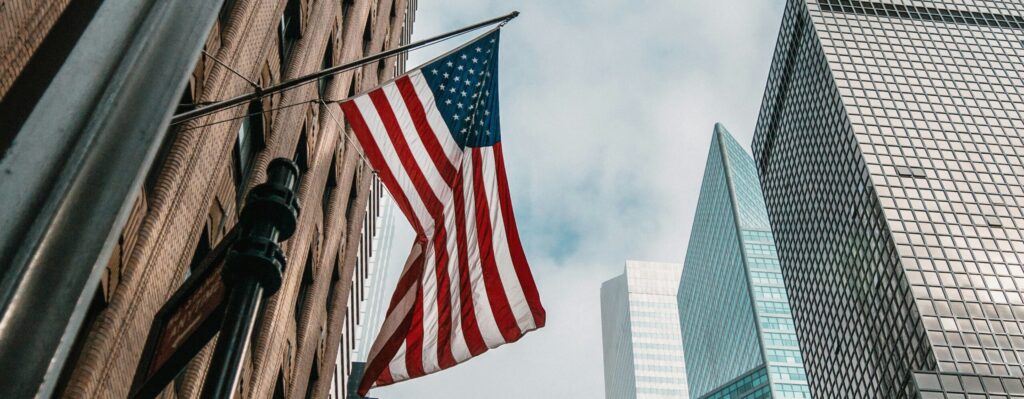This week we take a quick break from warning about the perilous intersection of China’s geopolitical ambitions and Western naivete to use Vladimir Putin as a cautionary tale about listening to climate alarmists when it comes to geopolitics. Dagens.com (slogan “The Actual News”) chuckles “Nature turns on Putin: Climate change threatens Russia’s Arctic ambitions”. And we chuckle: “Have you ever been to Siberia?” Whatever else one might say about Russia’s governments over the centuries, it is clearly the case that Russia has always been hampered economically and even culturally by being, in large measure, a barren frozen wasteland. Only a truly delusional person would think its interests could be harmed if it got warmer. Yet here they come.
Why exactly the Russian government was determined to conquer so much of the world’s least inviting terrain has never been clear. Maybe just, like Everest, because it was there. But if you are dimly aware that Tsars had an intermittent habit of sending people to Siberia and that Stalin built an entire industrial-scale gulag there, you might suppose it meant dropping them off somewhere as far north of Ulan Bator as it was east of Tomsk. But in fact nobody could get to a lot of that stuff and so the camps with few exceptions clung to the feeble transport infrastructure that did exist. A surprising number were near Vladivostok or Magadan because you could at least get there by sea, though not readily. By land? Забудь это.
Likewise, Russian agriculture clung to the band of tolerably fertile soil that petered out as it stretched from Ukraine eastward to the Urals as did the rain. Even in the 18th century, Russia’s population density was perhaps 1/20th that of western Europe and not, we seem to have to remind people nowadays, because it was too darn hot to be habitable by man, beast or crop.
But now let’s hear what Dagens.com thinks is happening, starting with “Thawing permafrost has turned once-solid ground into marshland.” Yeah. Something similar happened to a lot of stuff last time the glaciers retreated, before it turned into the immensely fertile fields of southern Canada and the U.S. Midwest.
Imagine thinking the ideal state for the soil is that it be rock-hard ice all year round. But it gets worse, or so they think:
“Scientists from Norway warn that rising Arctic temperatures, melting permafrost, and violent weather may soon damage Russia’s ability to defend and develop the region. For years, the Kremlin focused on expanding its Arctic military and energy presence. But the environment may now undo what years of investment built.”
Yeah. May. After all nobody ever built a military base where the soil was soft and the plants lush. Oh wait. Everybody did. No fool ever built one in the Arctic until around the time of Aleksandr II. And then there’s the ocean. Here it comes:
“Russia’s submarine fleet is based in the Barents and White Seas, where climate change is making the seas more dangerous.”
Is it now? Was the Barents sea safe in days of yore? Or are you just prattling?
Yup. Prattling:
“Stronger storms and taller waves are beginning to threaten port infrastructure that supports nuclear submarines. The shipyards and bases were never designed for such extreme conditions. If damaged, these sites could limit Russia’s nuclear naval readiness.”
This talk of worsening weather is so extreme, consistent and data-free that it could as easily have come from a Canadian government press release. But the idea that Soviet bases from Murmansk to, well, Vladivostok were not built in extreme conditions and with those in mind is goofy.
They may not have been built well. Communism does stink, after all. But good grief. As for:
“Strategic airbases in Russia’s north were built for snow and frost, not rain and heat. Bombers capable of carrying nuclear weapons are parked on runways that now suffer from flooding and heat stress.”
If the Red Army can’t make a runway capable of handling rain and heat, we do not understand how it fought World War II in Ukraine and elsewhere. It’s far from clear that conditions have changed this much, but even if they have, the necessary adaptations won’t change the fact that Russia is one of the places that will find everything easier including construction, even of sinister military facilities, if it really does get warmer. And how much warmer?
We don’t know what they teach them in journalism schools. But we suspect that “nothing” wouldn’t be a wildly inaccurate or unfair response, because the piece also says:
“More rain and warmer summers weaken old concrete and metal faster than cold ever did.”
What? Have they no idea the hideous toll -50C takes on material?
Look, we’re all for foiling Putin’s geopolitical ambitions, and those of his successors as of his predecessors. But don’t sit around waiting for climate change to do it for you.
P.S. The piece also laments Russia’s dependency on “its Arctic oil and gas fields”. But if you are at all familiar with World War II, you’ll know one vital strategic concern was whether Hitler’s armies would get to Stalin’s energy industry. And that it was in (drum roll please) hot southern Azerbaijan, not cold northern Kolmya.



Muskeg is a no-go for tanks and artillery…..who would have thought ? You gotta wait till those swamps are frozen to move your war-making equipment…..On the other hand, other than crazed politicians sitting in warm offices somewhere thinking they own immense mineral wealth somewhere under the tundra…..why and from whom would you actually need to defend such territories ?
Everyone who ventured into such military folly….think Napoleon and Hitler….eventually lost a million soldiers to -40 winters….Smaller efforts such as the Japanese in the Aleutians in WW2 also resulted in the eventual decision to go fight somewhere where the real estate was more valuable.
Nyet zero alright.As in zero reductions in CO2 from Putin's Russia,at least by design.Only a declining Russian economy would do that.Which I've heard is about the equivalent of the state of Texas.At least their consumer economy.